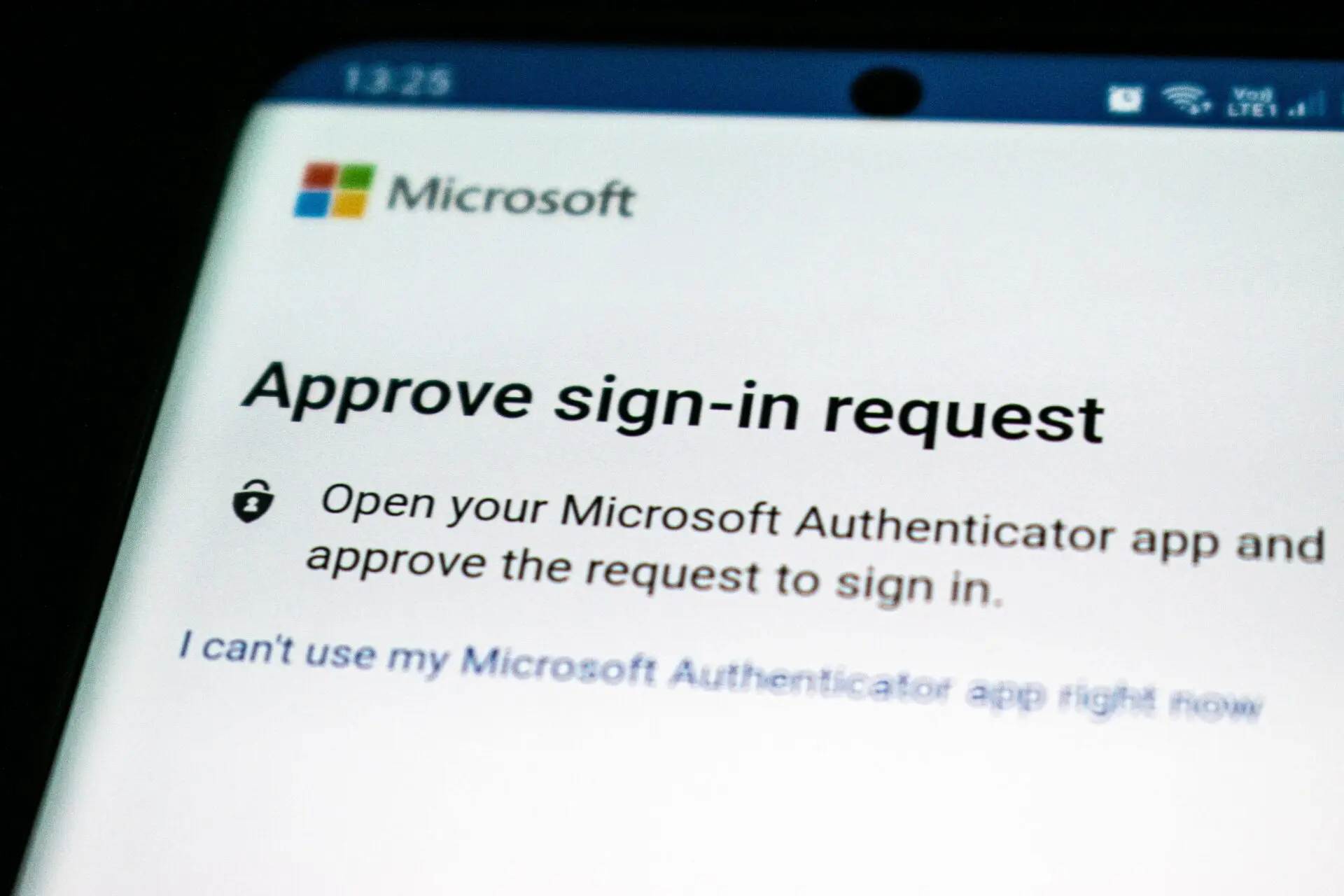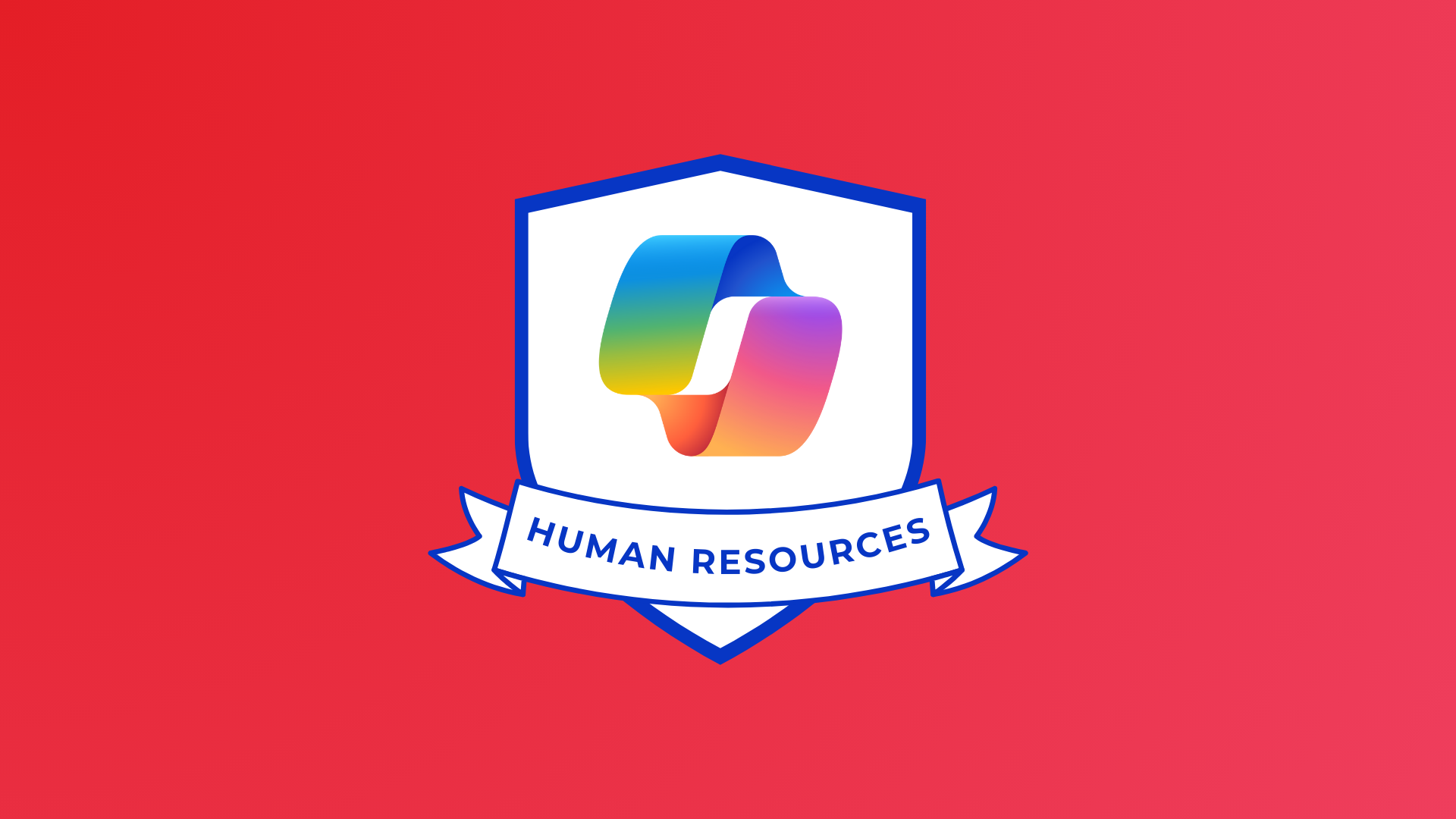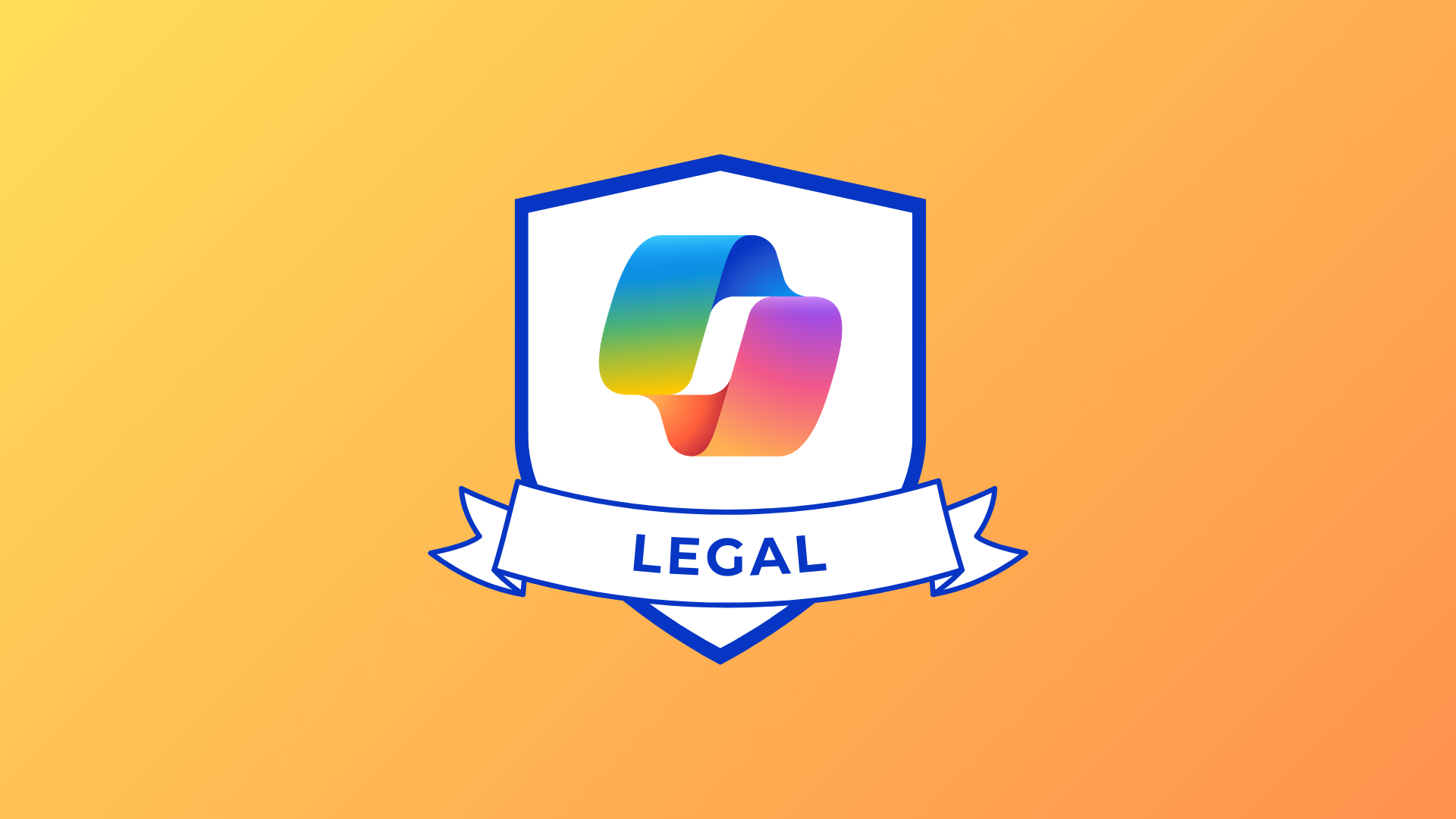
As we wait for the hotly anticipated Microsoft Copilot, it’s clear to see that organisations are set to embrace AI-driven software within the workplace! AI software will have a large amount of access to organisational information, which makes correct governance more important than ever.
Responsible usage, codes of conduct, securing sensitive information and much more is key to successfully adopting Copilot and other AI software within your organisation.
Below, we’re taking you through the top tips to make sure your organisation is properly prepared to adopt revolutionary AI software!
Why is Proper Governance Necessary?
Before Copilot gets implemented, it’s important to establish how its use will align with your business goals. Regardless of how transformative Copilot can be, your organisational goals are always the priority and it’s vital that they remain the focus throughout implementation.
To make sure your team are responsibly adopting Copilot, there must be a foundational understanding of the way in which Copilot will be used. For example, when to use it and when not to use it, to be transparent about when it has been used, and to be responsible when using Copilot in conjunction with sensitive content.
Without these foundations and base-level understanding of the governance surrounding AI technologies, security concerns and malpractice can quickly manifest.
So, what should your Copilot governance policies look like? Below are some suggestions of foundational policies that will help your organisation properly integrate any AI-powered software!
Accuracy and Appropriateness
Whilst AI-powered software is undeniably intelligent, it doesn’t always produce the most accurate results. Software like Copilot can generate content and actions based off your data and natural language prompts, but it won’t necessarily have all the relevant facts. It’s up to your team to discern whether content generated by AI is as relevant enough to be used, or if it would be more appropriate for a user to create it themselves.
When we think of appropriateness, this also relates to the input put into AI-software. There should be clear and defined boundaries about what to enter into software like Copilot, in order to reduce the potential generation of harmful content. To combat this, Microsoft has built Copilot in accordance with their ‘Responsible AI Standards‘ and the software itself will automatically block anything it deems harmful or unsafe. Although you can rely on Copilot’s inherent safeguards, it’s important to implement a standard for using the tool.

User Training and Education
Everyone that uses Copilot within your organisation should receive base level training on how to use it, as they would with any new tool. From product owners to your IT team, it’s important to provide a wide array of educational resources and learning programmes in order to make sure there’s a company-wide understanding of Copilot.
Proper education on how to use AI-powered software helps avoid bad habits developing in the long-term, and helps users make the most of all Copilot has to offer!
General Data Protection Regulation
At the core of any governance policy is its address of concerns around data and security.
There’s no doubt that at some points software like Copilot will have access to sensitive organisational information, and it’s essential that this data is handled correctly.
Before Copilot is implemented, users should secure the most sensitive data in order to stop it being accessed in unwanted searches. This could mean protecting financial data, sensitive HR information and more from searches by unauthorised users. Utilising data anonymisation and end-to-end encryption to mitigate potential security risks before Copilot has access to your information is crucial.

Controlling Access
Ensuring that the correct people have access to the correct information before it becomes subject to AI-powered search is one of the most important steps in establishing correct governance.
Access allowance should be given based on a user’s job title and responsibilities, making sure that departmental data can only be accessed by those that have the right skills and expertise to use it. Without this, a user can access – and in some cases, edit – information that they don’t have the appropriate competency to use.
Continuous Improvement
Finally, one of the best ways to ensure successful integration is to create an open dialogue of feedback from users. This highlights areas to improve, best practices that have emerged and quickly identify any bad habits that have started to form.
Regular updates based on user feedback allows you to tailor AI policies to align with your business goals, helping your employees perform better and work more effectively to meet your specific business requirements!
These are simple governance guidelines that can be implemented to help your adoption of AI technology go as smoothly and successfully as possible! The capabilities of software like Copilot are limitless, and to maximise your investment it’s essential to have the proper foundations in place. With a strong base of policies and governance processes, we can’t wait to get started with AI!
If you want help establishing governance, then look no further than Changing Social! As a Microsoft Gold Partner we help organisations make the most of Microsoft 365, solving their pain points with Microsoft-driven solutions. To find out more, fill out the form below, or email us at [email protected]
Share
Related Posts
Our most recent articles
23 April 2024
11 April 2024
04 April 2024
21 March 2024







